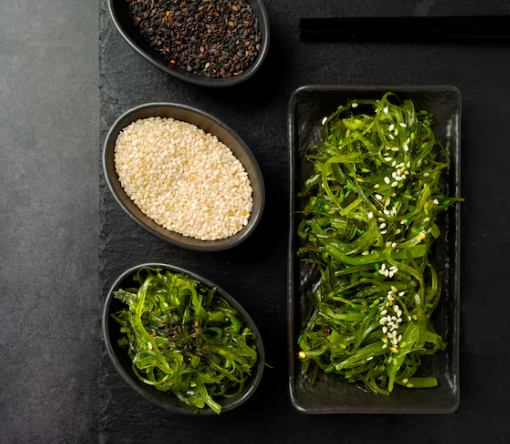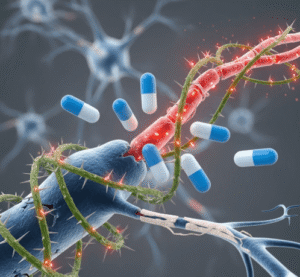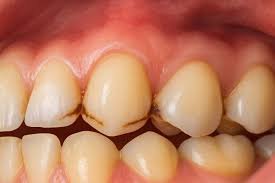Korea’s rich culinary culture is more than just delicious flavors — it’s a science-backed approach to wellness. From nutrient-packed seaweed to protein-rich tofu, the foundation of Korean cuisine is built on foods that promote long life, glowing skin, and inner balance. These traditional ingredients are not only tasty but also deeply connected to health and longevity. Here’s why these Korean superfoods deserve a place on your plate.
Seaweed: The Ocean’s Green Gold
Seaweed, or “gim” and “miyeok”, is a staple in Korean cuisine — from soups to rice rolls. It’s often called a natural multivitamin because it’s loaded with essential nutrients.
• Rich in minerals: Seaweed is filled with iodine, iron, calcium, and magnesium, which support thyroid health, blood circulation, and strong bones.
• Packed with antioxidants: It helps fight free radicals and reduces inflammation, protecting the body from chronic diseases.
• Boosts metabolism: The iodine in seaweed helps regulate thyroid hormones and maintain energy balance.
• Promotes glowing skin: Vitamins A, C, and E help with skin elasticity and repair, leading to that famous Korean glow.
Scientific research highlights that fucoidan, a compound in seaweed, supports immune function and may even reduce cancer risk.
Tip: Start your morning with a bowl of miyeok-guk (seaweed soup) — it’s rich, soothing, and traditionally eaten in Korea to celebrate health and renewal.
Tofu: The Gentle Powerhouse of Protein
Tofu, or “dubu”, is a balanced, light, and nutrient-dense food made from soybeans. It’s a cornerstone of plant-based protein in Korean diets.
• Complete protein: Contains all nine essential amino acids, making it ideal for muscle recovery and growth.
• Heart-friendly: Soy isoflavones help lower bad cholesterol (LDL) while maintaining good cholesterol (HDL).
• Bone support: High in calcium and magnesium, tofu strengthens bones and supports overall skeletal health.
• Helps in weight control: Low in calories, high in protein — it keeps you full longer and aids in healthy weight management.
Tofu’s isoflavones also mimic mild estrogen activity, which may help with hormonal balance and skin elasticity.
Try this: Add tofu jjigae (tofu stew) or pan-grilled tofu to your meal for a satisfying, nutrient-packed dish.
Kimchi: The Fermented Shield
No Korean meal is complete without kimchi, a tangy, spicy fermented cabbage that does more than add flavor — it supports your gut and immune health.
• Probiotic-rich: Contains Lactobacillus, beneficial bacteria that aid digestion.
• Supports immunity: A healthy gut strengthens the immune system, reducing the risk of infections.
• Low in calories, high in fiber: Promotes detoxification and improves metabolic balance.
• Natural detoxifier: Fermentation enhances nutrient absorption and helps remove toxins.
Research in Korea has shown that regular kimchi eaters tend to have lower inflammation levels and better gut health.
Tip: Add a small serving of kimchi daily. Choose low-salt or homemade versions to maximize health benefits.
Ginseng: Korea’s Ancient Energy Root
For centuries, Korean ginseng (insam) has been revered as a natural energy and longevity booster.
• Increases stamina: Ginseng enhances energy and reduces fatigue naturally.
• Improves brain health: The active compounds, ginsenosides, enhance memory and mental clarity.
• Boosts immunity: Strengthens the body’s resistance to stress and disease.
• Balances blood sugar: Helps regulate glucose levels and improves insulin sensitivity.
Scientific studies show that ginseng acts as an adaptogen, helping the body adapt to physical and mental stress.
Tip: Drink ginseng tea with honey during busy days to improve focus without caffeine crashes.
Barley and Brown Rice: Ancient Grains for Modern Health
Koreans often mix brown rice, barley, and other grains (known as Japgokbap) to create a balanced and nourishing base for meals.
• Regulates blood sugar: Whole grains help prevent spikes in glucose levels.
• Supports digestion: Rich in dietary fiber, they promote gut health and detoxification.
• Improves heart health: Barley’s beta-glucan lowers cholesterol naturally.
• Full of vitamins: B vitamins enhance energy metabolism and reduce fatigue.
Tip: Replace half your white rice with barley or brown rice for a chewier texture and lasting energy.
Green Tea: The Calm Protector
Green tea, known in Korea as “nokcha”, is more than a soothing drink — it’s a powerful antioxidant elixir.
• Loaded with catechins: Especially EGCG, which helps fight inflammation and premature aging.
• Boosts metabolism: Encourages fat burning and aids in natural weight control.
• Calms the mind: The amino acid L-theanine promotes relaxation and mental clarity.
• Protects the heart: Regular consumption may reduce the risk of hypertension and heart disease.
Idea: Replace your afternoon coffee with a cup of green tea — it refreshes your body and mind without overstimulation.
The Korean Way: Balance and Harmony in Every Meal
Korean food isn’t about one single ingredient — it’s about balance, color, and mindful eating. The philosophy of Korean cuisine emphasizes that variety leads to vitality.
• Eat colorful foods: Each color offers unique nutrients — red (peppers), green (spinach), yellow (pumpkin), black (beans).
• Mindful eating: Koreans value slow, shared meals, helping digestion and emotional well-being.
• Fermentation & freshness: Combining fresh produce with fermented foods keeps nutrition high and the gut happy.
Remember: Korean meals are built around small portions with big nutrition, creating harmony between taste and health.













